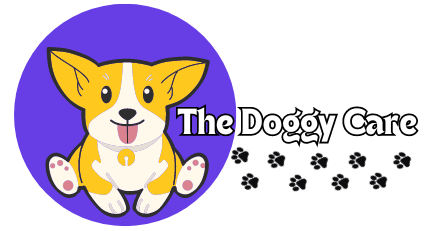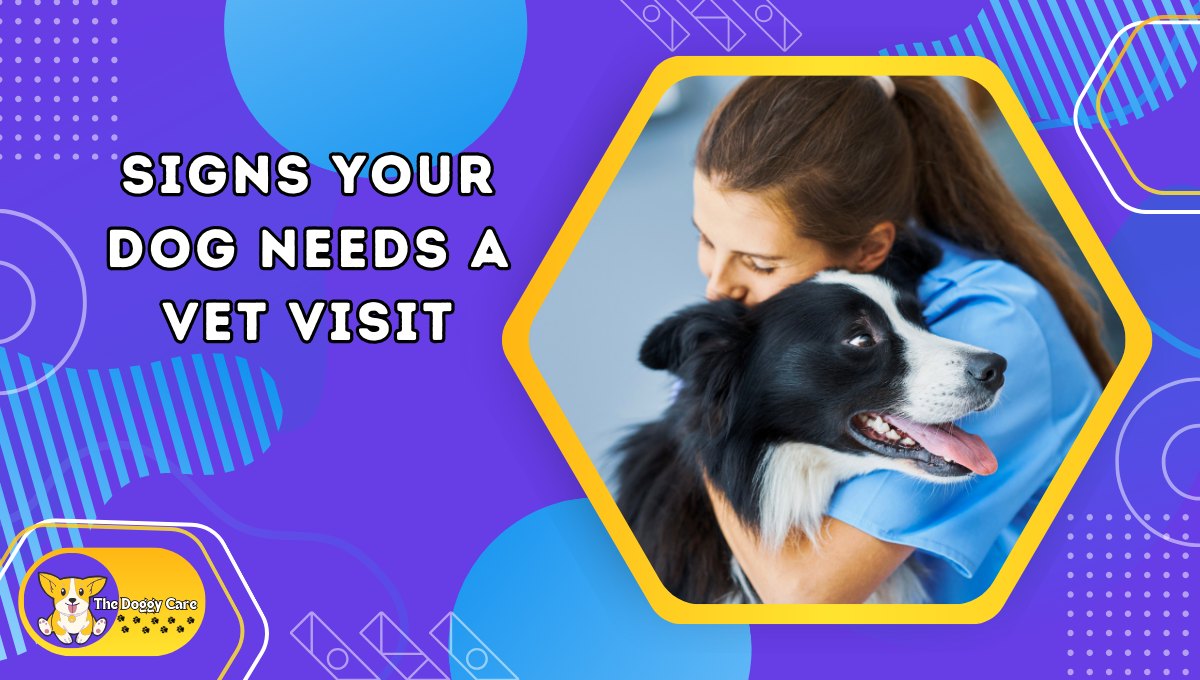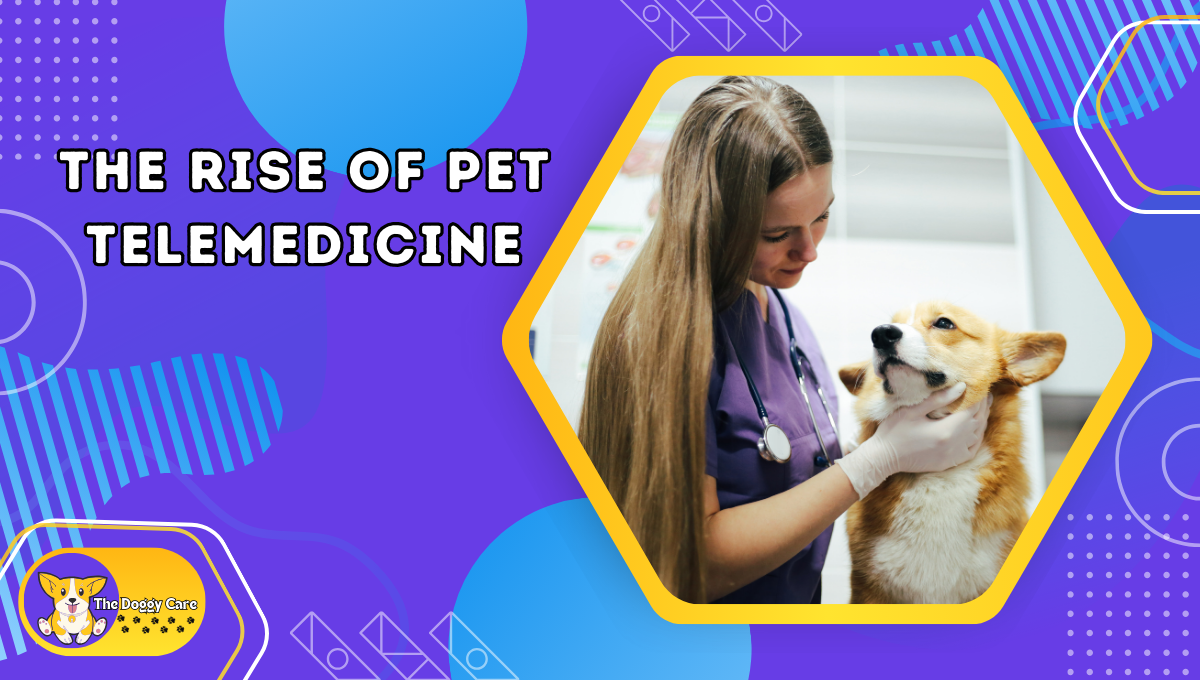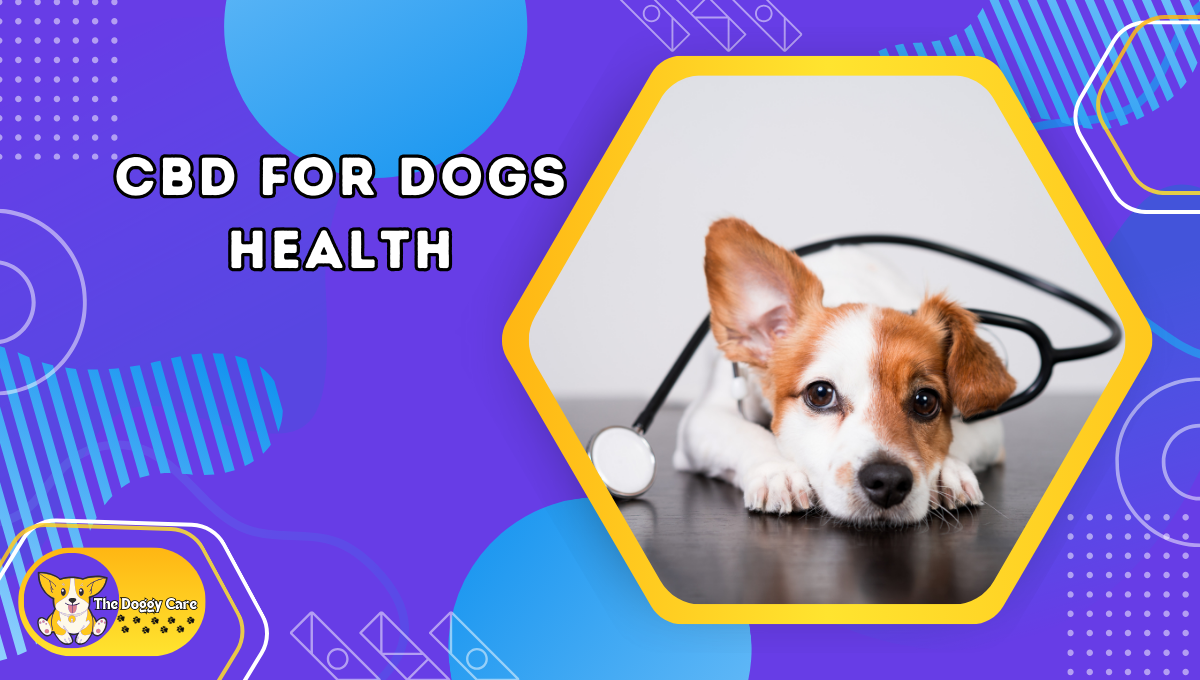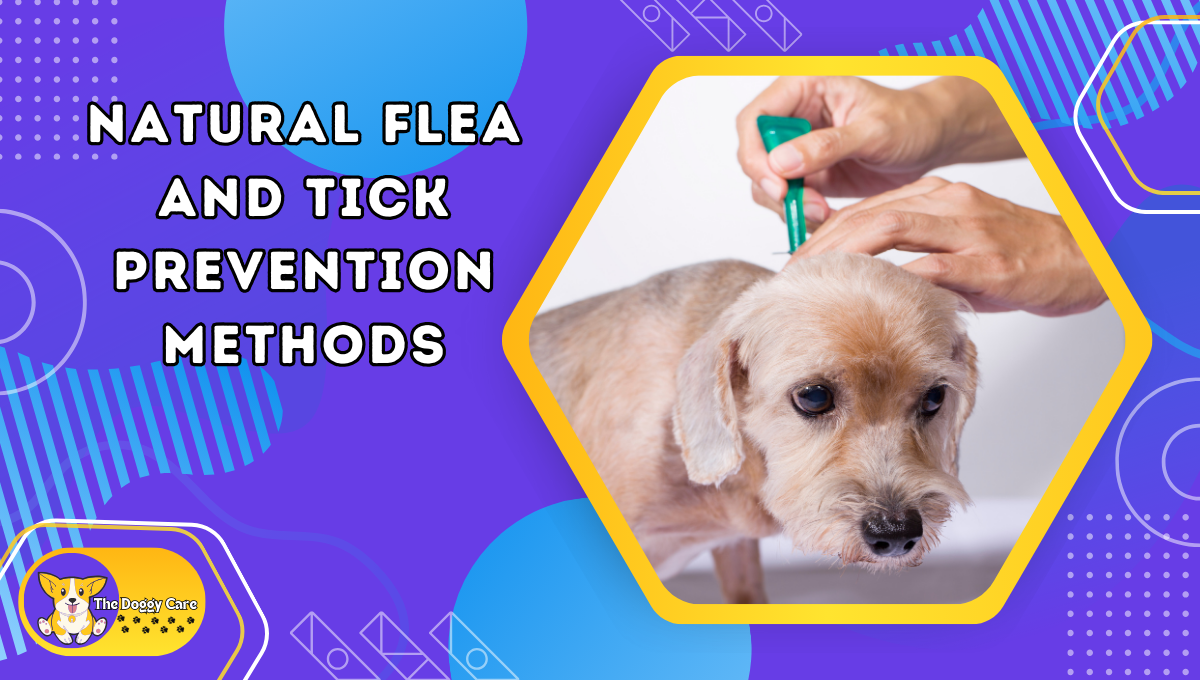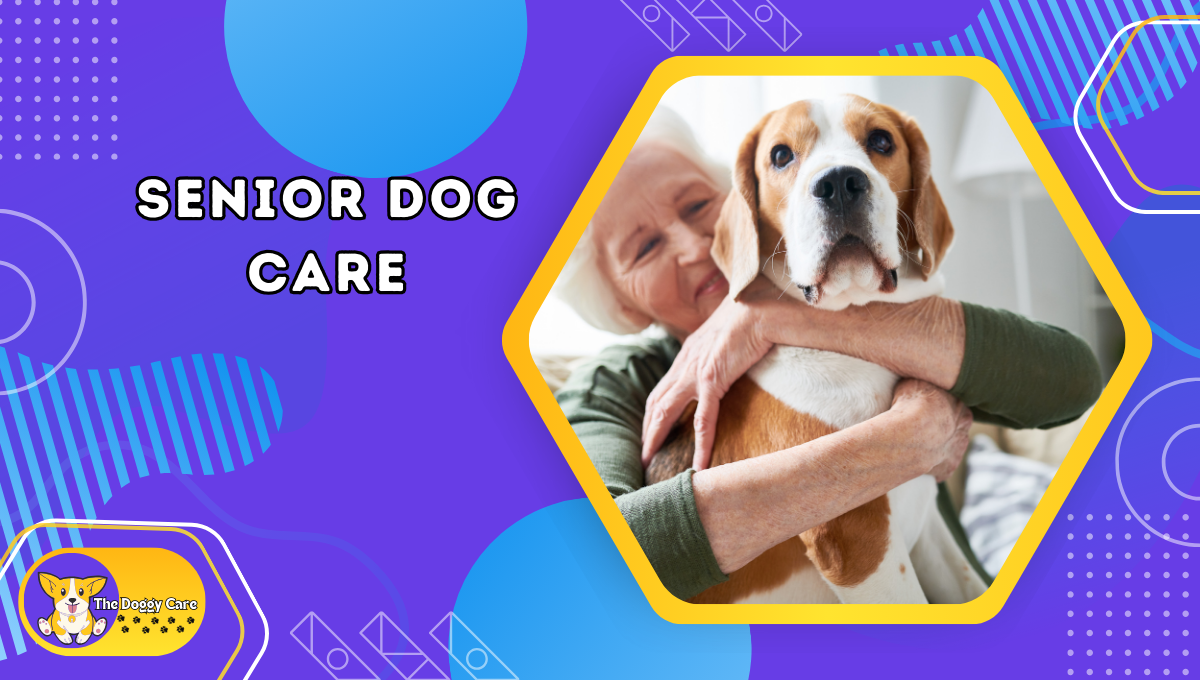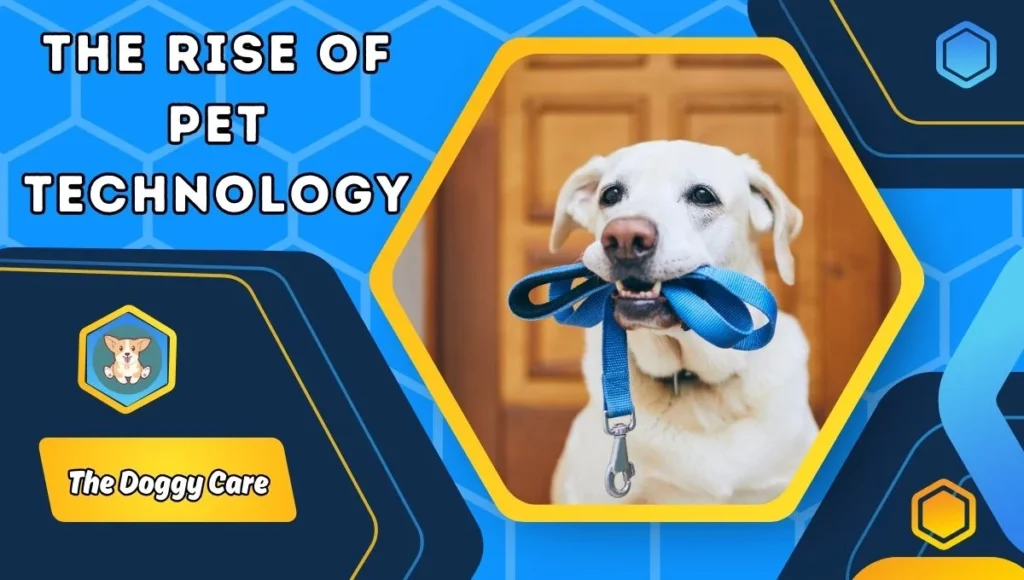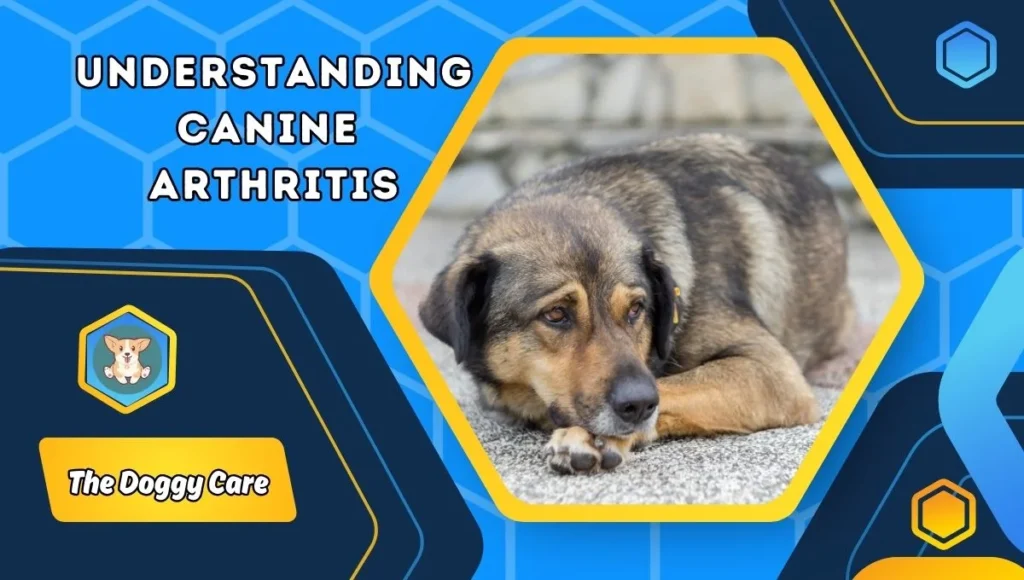Contents
- 1 Signs Your Dog Needs a Vet Visit: Early Detection of Health Issues, Key Symptoms to Watch Out For in Your Furry Friend
- 1.1 Understanding the Importance of Regular Vet Visits
- 1.2 Routine Checks for Early Recognition
- 1.3 Weight Changes
- 1.4 Eye or Ear Issues
- 1.5 Bad Breath or Dental Issues
- 1.6 Moves toward Take Assuming that You Notice These Side effects
- 1.7 Educating Yourself on Canine Health
- 1.8 Conclusion and Final Thoughts
Signs Your Dog Needs a Vet Visit: Early Detection of Health Issues, Key Symptoms to Watch Out For in Your Furry Friend
Presentation
Perceiving when your dog needs a vet visit is crucial for maintaining their health and prosperity. According to the American Veterinary Medical Association, preventive care check-ups bring about early location and management of potential health issues, significantly enhancing the quality of life for our pets. This guide will dive into the signs your dog needs a vet visit, assisting you with understanding key side effects to watch out for in your shaggy companion, guaranteeing you can act quickly to safeguard their health.

Understanding the Importance of Regular Vet Visits
Regular vet visits are vital for keeping your dog healthy. These check-ups open the door to early location of diseases which can be crucial for powerful treatment. Notwithstanding, between these visits, dog proprietors must be vigilant and aware of any signs that could indicate a health issue. Understanding what side effects to search for can help in catching potentially difficult circumstances early.
Key Secondary Effects That Show a Vet Visit Is Important
- Changes in Craving or Drinking Propensities: A critical increment or diminishing in hunger or water use can be a sign of different medical problems, from illnesses to organ issues.
- Strange Way of behaving: Changes in conduct, such as expanded animosity, withdrawal, or unexpected trepidation can show anxiety, torment, or neurological issues.
- Inconvenience Relaxing: If your canine is hacking, wheezing, or seems, by all accounts, to be engaging to inhale, this could be a sign of coronary illness, lung issues, or other respiratory issues.
- Disgorging or The runs: While intermittent regurgitating or looseness of the bowels may not require a vet visit, steady or outrageous cases can prompt drying out and be a sign of something more serious.
- Dormancy or Diminished Movement: Accepting your canine is less dynamic than expected, it might be experiencing torment, weakness, or other well-being focuses on that need.
Routine Checks for Early Recognition
Directing routine checks can assist you with spotting early signs your dog needs a vet visit. Regularly examining your dog’s body for any protuberances, knocks, or changes in the skin can catch early signs of contaminations or growths. Checking their activity tolerance and watching for signs of fatigue during regular activities can also indicate health issues.
Weight Changes
Abrupt weight gain or misfortune isn’t normal and ought not to be disregarded. This could be a side effect of metabolic problems, hormonal imbalances, or other basic health issues. Monitoring your dog’s weight can be finished during regular vet visits yet ought to also be observed at home.

Eye or Ear Issues
Discharge, redness, expansion, or an unusual amount of scratching at the ears or eyes are clear signs your dog needs a vet visit. These side effects could indicate contaminations or allergies that need treatment.
Bad Breath or Dental Issues
Bad breath is in many cases disregarded as a minor issue yet can be indicative of dental issues or even gastrointestinal issues. Dental disease can lead to serious health concerns on the off chance that not treated.
Moves toward Take Assuming that You Notice These Side effects
- Report the Side effects: Track any side effects you notice, including when they started and how frequently they happen. This information can be exceptionally useful to your vet.
- Contact Your Vet: When you notice any unsettling side effects, contact your vet immediately. Depict the side effects via telephone to decide whether an immediate visit is necessary.
- Prepare for the Visit: Before going to the vet, guarantee you have all your dog’s medical records handy, as well as your notes about the side effects.
Educating Yourself on Canine Health
Staying informed about canine health and normal diseases can assist you with better understanding and answering signs your dog needs a vet visit. Various assets are available internet-based that can enhance your insight and prepare you to more readily care for your pet.

Conclusion and Final Thoughts
Perceiving the signs that your canine requires a vet visit is a fundamental part of capable pet possession. By remaining watchful and proficient about key well-being pointers, you can guarantee that your fuzzy companion gets fast and powerful clinical consideration when vital. Normal vet visits and being receptive to changes in your canine’s way of behaving or state of being will assume a pivotal part in keeping up with their general well-being and prosperity.
It is essential to recollect that early location of medical problems can fundamentally work on the guess for some circumstances. This requires a proactive way to deal with noticing and understanding the different indications of disease that might influence your canine. Keeping point-by-point records of any progressions and conveying them successfully to your veterinarian can help in diagnosing issues all the more precisely and quickly.
Act presently by auditing the signs referenced in this aide and contrast them and your canine’s ongoing well-being and conduct. Plan normal check-ups, and go ahead and your vet assuming that you notice anything strange. Your obligation to your canine’s well-being upgrades their satisfaction as well as extends the bond you share with your cherished pet.
References and Further Reading
For more detailed information on dog health and when to visit a vet, helpful assets include:
American Veterinary Medical Association (AVMA):
https://www.avma.org/assets/animal people/petcare
PetMD – Dog Health Conditions: https://www.petmd.com/dog/conditions
By perceiving the signs your dog needs a vet visit and understanding the proper behavior, you can guarantee that your pet gets convenient medical attention, greatly working on their chances for fast and full recuperation. This guide not only aims to educate pet people about the side effects to watch out for yet in addition highlights the importance of regular veterinary care for maintaining your dog’s health.
